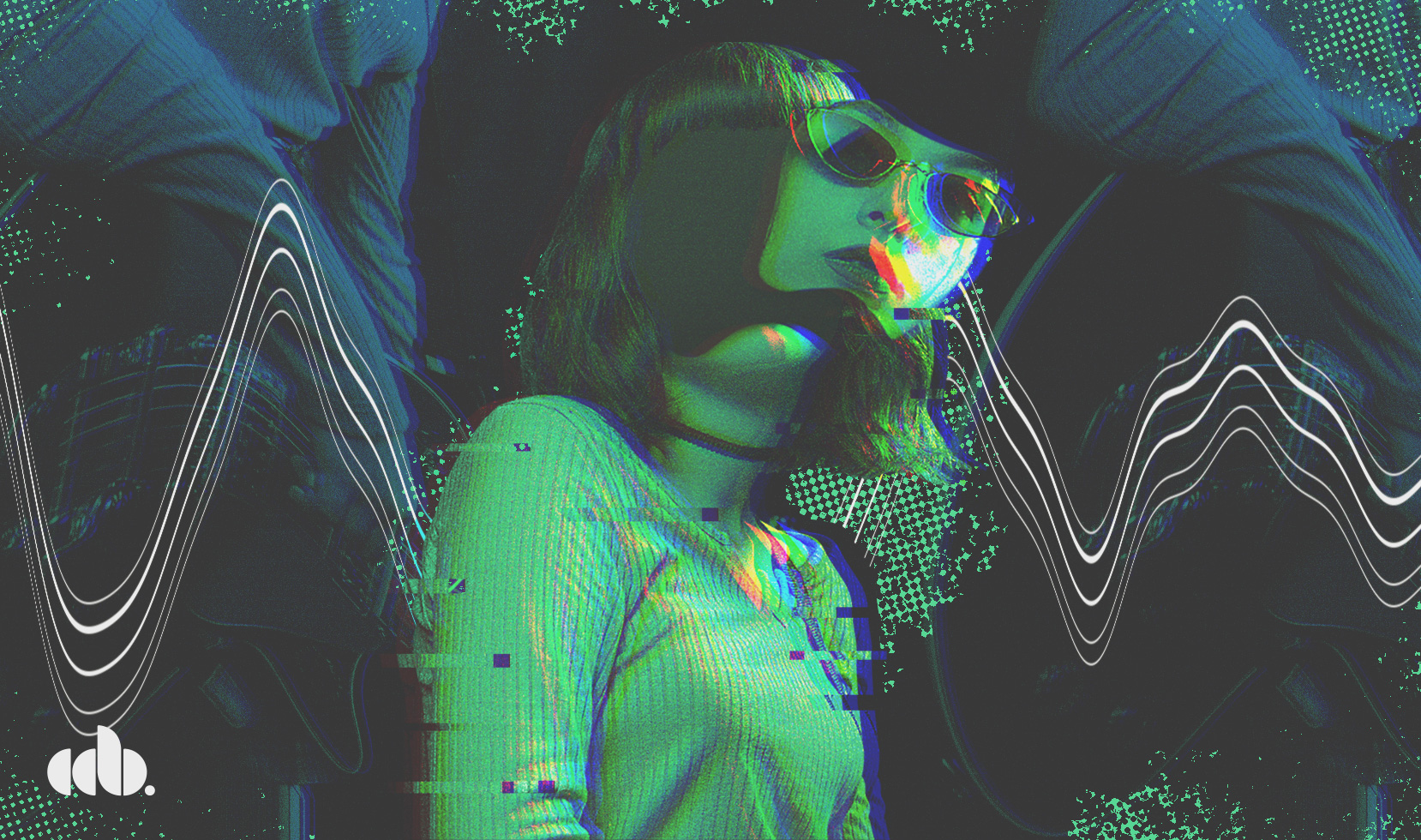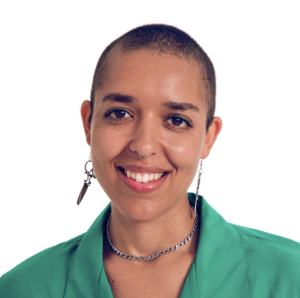
As musicians, we spend lots of time thinking about things like the song we just finished writing, the album we’re planning to record, the shows we’ll book, and the platforms we’ll get featured on once we release our music.
But how much time do we spend thinking about how all those efforts are being communicated to our audience and our artist peers? That’s where branding comes in.
Your personal brand isn’t just about what you post on social media. It’s much broader than that. It’s about how you come across as a musician, online and offline, with everyone from fans of your music, to tastemakers and industry professionals.
Consult the Curators
There’s plenty you can do to build your personal brand on your own. But why not get advice from people who review artists’ brands and music all the time — and have the influence and platforms to bring the ones they love to the forefront?
If you agree, you’re in luck! We brought three beloved indie music curators onto the DIY Musician Podcast to get their perspectives (and some hot takes) on branding for musicians.
Our guests were Annabelle Kline, the founder of That Good Sh*t, Daylon Hicks, the founder of arabbitshole, and Meleah Hartnett, the host and creative director of Sleeve Notes, a podcast by The Luna Collective.
Here’s some of the gems we uncovered during the conversation (quotes edited or condensed slightly for clarity):
How To Get Discovered
For many, music discovery has transitioned from magazines and blogs to streaming algorithms and social platforms. Your friendly neighborhood music writer or playlister is probably more likely to find you on TikTok or Instagram than anywhere else.
Recommendations from friends and community members are also a big vote of confidence. Even if you don’t know a music curator personally, you might already know someone who does, or you could go to a music networking event where you’re more likely to meet tastemakers.
As Annabelle shared, “My favorite way to discover music is through recommendations from friends. It’s cool to have so many friends who are passionate and tapped into indie artists. I’ve also met some incredibly talented artists at events or out on the street when people come up to me.” Note: Just make sure you do so thoughtfully and respectfully!
No matter how they discover you, Annabelle, Daylon, and Meleah agree that the amount of social media followers you have isn’t an important factor. They respond to pitches from musicians who make music they like, and have a clear, confident artistic vision.
“I don’t really care about how an artist is doing on social media,” Daylon said. “The things that matter to me are, ‘Do they care about their art? Are they trying to make their art timeless?’”
This is backed up by his platform. He has a series where he highlights artists with 5,000 followers or less to his audience of over 11k followers.
So, when there are so many artists to choose from, how can you stand out? “A thoughtful email can go a really long way,” Meleah shared.
“If an artist pitches me with the story of how their music came together, or builds out their world through visuals, and if it’s clear that there’s a lot of intention there, that’s definitely compelling to me.”
Getting Interviewed? Don’t Panic!
Great news! You pitched a curator, and now you have an interview booked. Our experts have some advice on how to stay cool, calm, and collected during your conversation.
First things first: Do your research. Annabelle shared, “I recommend watching some interviews the interviewer has done. If you were interviewing with me, you could learn what kind of questions I ask, how I talk, and what my energy is like.”
She also suggested that artists “dive back into their lore.” Your lore encompasses your life experiences, which lead you to the emotions you put into your music, and it’s KEY when it comes to branding for musicians.
“Go back through your camera roll, go back through old journal entries, and rediscover where you were at emotionally when you were creating the music you’re gonna be talking about, and any interesting stories you can relate to your music,” Annabelle said.
Daylon considers lore an important factor to his interview process as well. “I try to ask the question, ‘When you were making this song, how did you feel emotionally?,’” he shared.
“Usually, nine times out of 10, an artist reveals all that — and then they talk about their music in ways that I would have never even known if I didn’t ask it.”
Authenticity goes a long way. But if you’re still feeling nervous, Meleah suggests to “remember that we already secured the interview.”
“You already did the hard part of opening up in your music and being vulnerable there, and you already secured the spot to talk with someone about it,” she continued. “See it as an opportunity to continue to do that.”
Be the Best Version of Your Musical Self
Remember that your personal brand is just as much about you as it is about how you treat others.
Some musicians create completely independently, but most of the time, we’re working with other creatives and professionals, whether that’s the engineer who masters our track, or the artist who creates our cover art.
The people you choose to be a part of your creative vision make a big impact. Daylon suggested, “Focus on the details — not just in your work, but in how you present yourself. From your producer, to your colorist, all those small details matter.”
Musicians also have the support of their fans, and the way you interact with them matters. Annabelle shared an example from her interview with justicexavier:
“He used our interview as an opportunity to talk a lot about his fans, and his relationship to his community, which was clearly really important to him. He knew that the interview would be a moment his fans would be excited about, so he used that time to thank them for supporting him.”
The people who love your music will remember the moments when you show appreciation for them. No need to be shy about shouting them out, along with the collaborators that helped you reach your goals!
So, how do you continue to grow your community? It’s all about putting yourself out there, online and in person. “There are music scenes everywhere, so showing up locally is super important,” Meleah shared.
There are tons of ways you can build connections in a room full of fellow musicians, or find meaningful ways to engage with posts from artists in your area, but Meleah has one main suggestion.
“Ask what people need,” she said. “Usually, it can be mutually beneficial.” For example, you could put on a house show where you and other local artists can perform. Think of others’ needs first — if you have a connection someone might benefit from, a resource they could use, etc., then share it!
Annabelle sums it up well: “It’s so important to show up to your friends’ shows, buy tickets to their events, and do everything you can to show meaningful support to artists around you, because that energy is going to come back around. Give more than you ask.”
If you want to learn more about branding for musicians, don’t forget to watch the podcast episode. Also, if you’re so inclined, subscribe to us on YouTube, or check out our Instagram, Threads, or TikTok.
